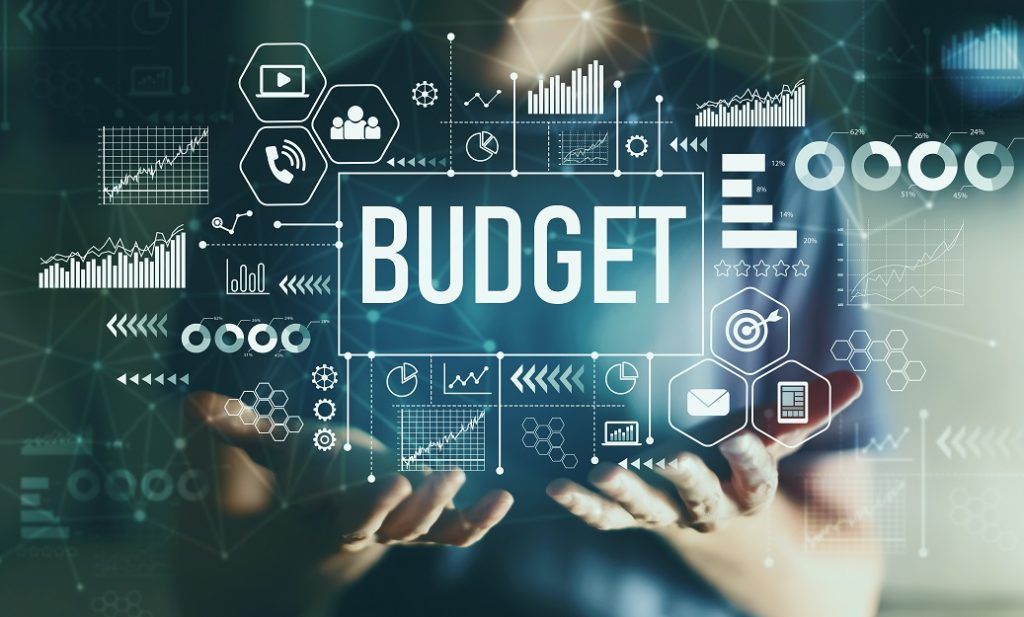In the first part of this installation, we learnt what bad debt is, the damage it can cause to our personal and professional life, and how to identify it. Now, that’s the most important step in getting to understand the problem you find yourself in. However, we must also be cognizant of the pragmatic steps we can undertake in order to effectively manage our debt.

4. Budget Everything!
It’s easy to grow discouraged while attempting to follow prescriptive budgeting guidelines. Personal finance is unique to each individual. You’ll have to consider what has and hasn’t worked for you in the past. What works for your best friend may become tedious for you. But
don’t be disheartened.

A budget is just a strategy for your money. Making a spending plan guarantees that every dollar you earn is put to good use. You will not be able to pay off your debts in a single day. Developing a strategy that works for you is a critical first step. Understanding how much you
can spend and when you can spend it will help you make sense of your monthly spending.
Want to learn more about budgeting, click here!
5. Control Your Spending
When you construct a list of all of your monthly spending, you may discover that you have regular expenses, such as subscriptions, that you need to stop or cancel. Examine where your money has gone in the last month or two.It may be tempting to skip this step, but understanding your spending habits requires checking your bank statements. You will be able to pinpoint areas of your spending that are producing money leaks that you were previously unaware of.
Prioritize important items in your budgets, such as housing and utility bills, while reducing areas such as entertainment and dining out. Tell yourself the truth about where your money is going.
6. Increase Your Earning
Tracking your money and taking stock of where you are will assist you in identifying areas where you may need to improve. Don’t forget to factor in bonuses, tax refunds, child support, and alimony when calculating your income.
As you cut back on your costs, you may realise that you have more months than paychecks. If your monthly bills are barely covered by your salary, think about strategies to increase your income while minimising you’re spending.
7. Prioritise Payoffs
Make a list of all your debts, including the minimum payments required, late fees, and interest rates. Understand the various debt repayment techniques and become acquainted with the various approaches to deal with your debt. Remember, not all debt is bad, if a debt is accruing benefits such as taxes and promise of future payoff, you should prioritise keeping it.
8. Strategise
As you become acquainted with debt-reduction tactics such as the debt snowball or debt avalanche, keep in mind that the greatest plan is one that you can stick to.
Don’t be hesitant to seek the advice of a financial expert, especially if you have debt collection accounts. They can advise you on how to cope with debt collectors, debt and loan consolidation possibilities, and loan refinancing techniques. Having an accountability partner is powerful in and of itself. Finding someone who can hold you accountable for the plan you establish is a useful tool since you will feel obligated to follow through on your commitments. Seeking assistance might assist you in defining your financial priorities.
9. Maintain Positive Mindset
This is one of our favourite debt-relief strategies. It’s time to reflect on all of the things you enjoy about your life. Go ahead and consider what matters to you and why. Getting out of debt frequently requires foregoing some of the worldly possessions that we often
convince ourselves we require. If you take stock of your situation, you will undoubtedly discover that there are things in your life that are more important than money.
They are what
matters. Maintaining a positive mental attitude will make it easier to manage everything in your life. Being positive does not imply putting on a phoney grin and persevering.
10. Create and Maintain an Emergency Fund
Now that you’ve established your emergency fund, attempt to save at least 3 to 6 months’ worth of it. Add taxes, insurance, auto repairs, and other unanticipated expenses to this figure. When you start doing this, you will find yourself in a more positive frame of mind. Finally, you’re
making a difference! Having an emergency fund also gives you the peace of mind that if something unexpected happens, you won’t have to go into debt to get by. Finally, keep track of your development.
![]()
Keep track of your debt and savings totals each month. Not only will the clarity relieve nagging concerns, but seeing your progress is a terrific method to motivate yourself to keep going until the conclusion.
Note to End On
With all that being said, it is also very important to understand that getting out of a debt trap is just half the answer. One of the most important things you have to take care of comes after the process of getting debt-free. You have to make sure that you don’t slip back into the same habits of racking up debt as it will bring you back to square one. Progress must be tracked and you should know that wealth-building takes time and patience. Patience is your best friend in this equation as that’s the one thing that will determine how long you will hold up for. All the best on your path to being debt-free.

